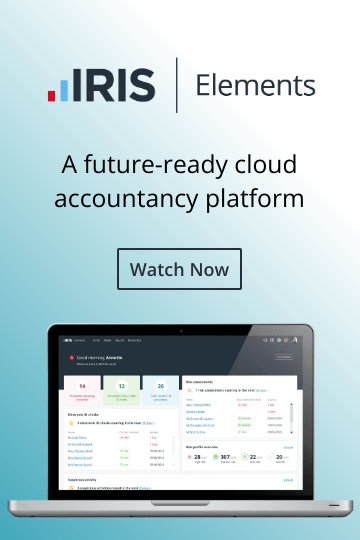BLOGS
L-Day 2022: changes to Research and Development (R&D) tax relief

Last week, on 20th July, also known as L-Day (legislation day), the Government published a range of draft clauses for their upcoming Finance Bill, providing an insight into the final legislation.
While some of the proposed changes have been circulating for quite some time, the published drafts finally confirm HMRC’s commitment to implement them.
Experts have hailed many of the upcoming changes proposed in the Finance Bill as primarily 'good news', with a major alteration coming to the Research and Development (R&D) tax relief scheme.
See the full list of L-Day changes on the UK Parliament website here.
The changes to R&D tax relief
The changes to R&D tax relief amend the definitions of qualifying expenditure to include data and cloud computing costs, ensuring the relief supports cutting-edge, modern tech innovation.
An emphasis on UK expenditure has also been added: within the changes to R&D Tax Relief, there will be a new focus on supporting UK-based subcontracted work to discourage off-shoring R&D, limiting overseas spending.
Accountants will need to engage with their relevant clients early on this as contracts will need to be reviewed in light of these changes above (and below).
New measures for claiming R&D tax relief
Another massive change for the R&D tax relief, which will try to tackle abuse of the scheme, is how support is claimed.
The changes include:
- Mandated digital claims
- Provision of additional information
- Pre-notification six months before the claim
For accountancy firms providing R&D ‘advisory’ services, it will be critical for them to review processes and pricing in case the changes above require additional work that should be charged for.
See a full summary of all the changes on gov.co.uk here.
The impact on accountants
With these changes incoming, it's crucial accountants are aware of the implications as many clients will need support claiming the updated relief.
The full details of the change will be outlined prior to April 2023, but what’s currently published offers accountants a starting point for preparing.
Firms that communicate these R&D changes and implications to clients early to manage their expectations will be best placed to implement changes to processes and pricing as required.
Undoubtedly, technology will play a fundamental role, not only in submitting digital claims but ensuring the process is cost-effective and timely.









